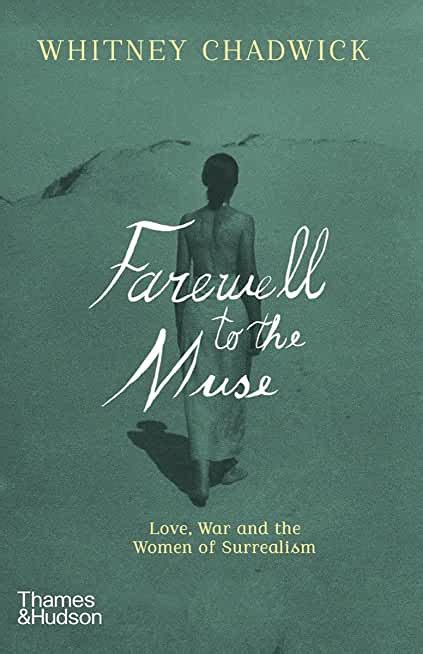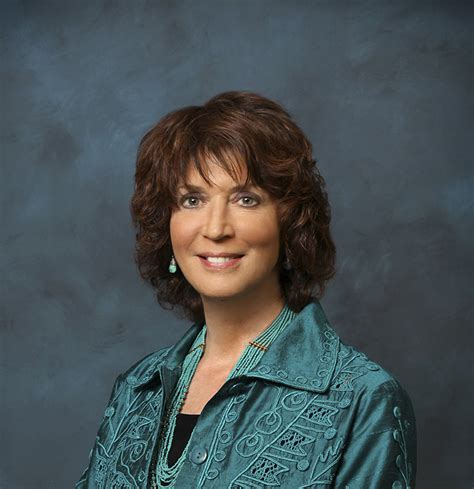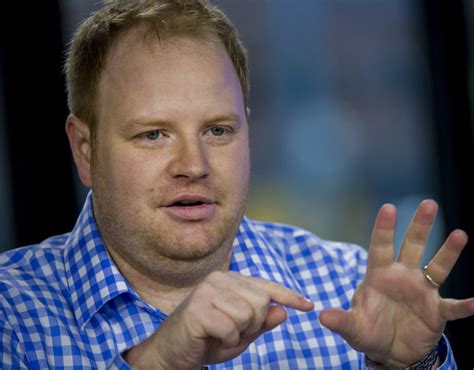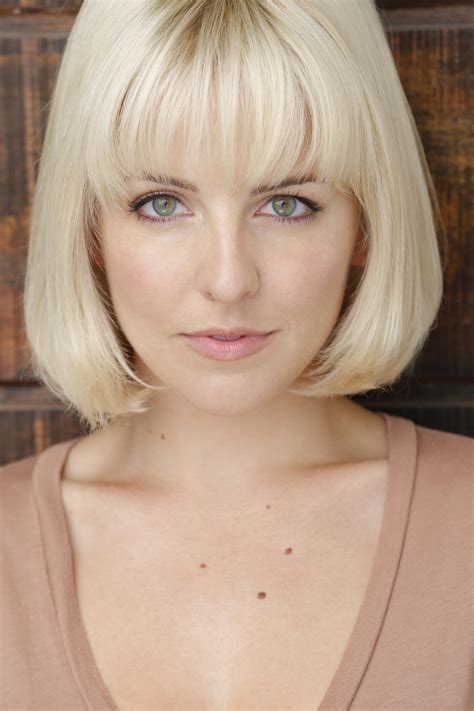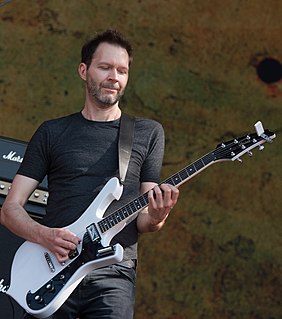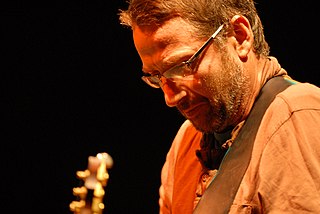A Quote by Whitney Chadwick
Attempts to juggle domestic responsibilities with artistic production have often resulted in smaller bodies of work, and often works smaller in scale, than those produced by male contemporaries. Yet art history continues to privilege prodigious output and monumental scale or conception over the selective and the intimate.
Related Quotes
I am preoccupied with the possibility of creating art which functions in a public situation without compromising its private character of being antiheroic, antimonumental, antiabstract, and antigeneral. The paradox is intensified by the use on a grand scale of small-scale subjects known from intimate situations--an approach which tends in turn to reduce the scale of the real landscape to imaginary dimensions.
Scale is a mental - you can say that a lounger has scale, a building has scale, or an object has scale, or a page, or whatever if it's just right. A scale is a relationship to the object and the space surrounding it. And that dialogue could be music, or it could be just noise. And that is why it is so important, the sense of scale.
It's a lot easier to figure out how to scale something that doesn't feel like it would scale than it is to figure out what is actually gonna work. You're much better off going after something that will work that doesn't scale, then trying to figure how to scale it up, than you are trying to figure it all out.
I do think the smaller-scale studio works have that incredible love of data crunching, whereas I would say the large-scale earthworks tend to be much more stripped-down. With the mappings, as connected as they are to a much more analytical idea, what's a map? And can I make a map about time? I think the first time was Hurricane Sandy, the flood plane; a moment in time, but indelibly marked on any of us who were in the city. Mapping time is something that I'm really interested in.
It's so easy to practice out of context. For example, if you're learning a scale, you take that scale and you sit in your room and you go up and down the fretboard, over and over. You've gotta do that, because you need to get that scale working. But you have to keep in mind that that's not the finished product. That's the starting point.
